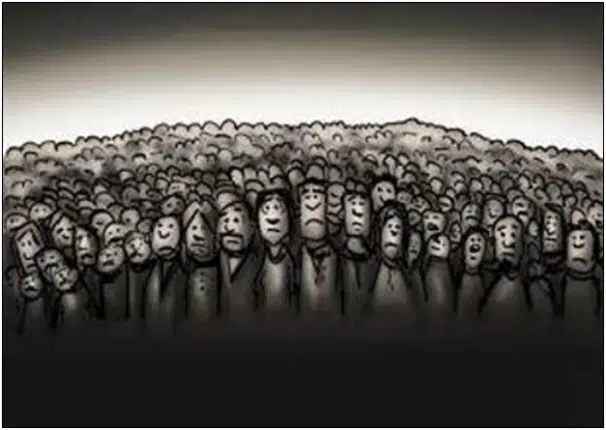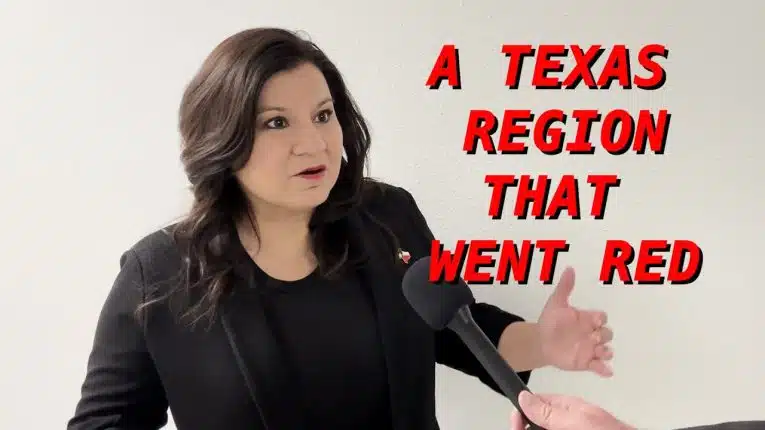By Rick Manning — The current fight between the National Labor Relations Board (NLRB) and Boeing Corporation over whether the company has the right to build a production line in South Carolina has caught the attention of businesses, Congress and indeed, many in the public.
In fact, a recent poll conducted by the polling company, inc. on behalf of Americans for Limited Government (ALG) revealed that 72 percent of voters characterized as a bad idea the statement that the NLRB “has the power to dictate where, that is, in most states companies can locate their places of work or production facilities.”
The House of Representatives has stepped in by passing legislation by Representative Tim Scott (R-SC), which specifically strips the NLRB of the power to impact corporate relocation decisions.
Representative Tim Scott’s approach is a good first step, but it deals with a very narrow symptom of the NLRB’s abuse of power, which has spanned since its inception.
The NLRB was formed through the passage of the Wagner Act in 1935, and it only took four years for one of its decisions to be overturned in the U.S. Supreme Court. The NLRB had ruled that employers could not fire workers who stopped production by staging sit-down strikes on the factory floor, a decision that the U.S. Supreme Court was forced to overturn in the NLRB v. Fansteel Metallurgical Corporation case.
In fact, time and again, in the past 76 years, the federal courts have had to step in and rein in excesses by the National Labor Relations Board.
Cases overturned included such head scratchers as:
- Hoffman Plastic Compounds, Inc v. NLRB in 2002, where the NLRB required an employer to pay backpay to an illegal alien who had provided false documentation to the employer concerning his eligibility to work in the United States. The NLRB ruled that the illegal worker had been terminated due to his union activity and ordered that he be paid backpay for workdays lost.
- In University of Great Falls v. NLRB in 2002, the District Circuit Court of Appeals rebuked the NLRB’s “trolling” through the beliefs of the Roman Catholic Church affiliated university by throwing out their attempt to coerce a religious institution to accept unionization writing, “at least a plurality of the Supreme Court itself has rejected ‘inquiry into religious views’ as ‘not only unnecessary but also offensive’,” and,
- The NLRB has even gone so far as to order an employer to reinstate an employee who openly admitted to having defrauded the federal government by filing unemployment insurance claims under a false identity under the pretense that the employee was fired for his union organizing activity. The employer, Mutual Maintenance Service Company, was forced to fight the taxpayer funded NLRB in federal court, eventually winning the right to fire a dishonest employee in the 1980 7th Circuit Court of Appeals decision – NLRB v. Mutual Maintenance Service Co.
To remedy this history of political activism by this presidentially appointed body, U.S. Representative Austin Scott, (R-GA) has filed legislation along with 26 other original sponsors, that strips away the judicial powers of the agency.
The Austin Scott, Protecting American Jobs Act, would take away the NLRB’s power to serve as investigator, prosecutor, judge and jury on employment law cases, instead putting these cases directly into the federal courts where both sides in a dispute are guaranteed a fair hearing.
Scott argued in an Investor’s Business Daily column titled, “Reform NLRB to end its role as a Job Killer” that, “There is a simple reason why the Supreme Court has been forced to overturn these and many other NLRB decisions: the NLRB is biased against job creators by design.”
Americans for Limited Government’s President, Bill Wilson agrees stating, “The NLRB’s was created in 1935 as a taxpayer funded tool to assist labor union organizing efforts, and over the years it has used its unique judicial powers toward that end. It is time to get the taxpayers out of advocating for one side or the other in employment disputes and put them where they rightfully belong – directly in the federal courts.”
The Protecting American Jobs Act has been sent to the House Education and Workforce Committee for consideration.
Rick Manning is the Communications Director of Americans for Limited Government. You can follow Rick on Twitter at @RManning957.






